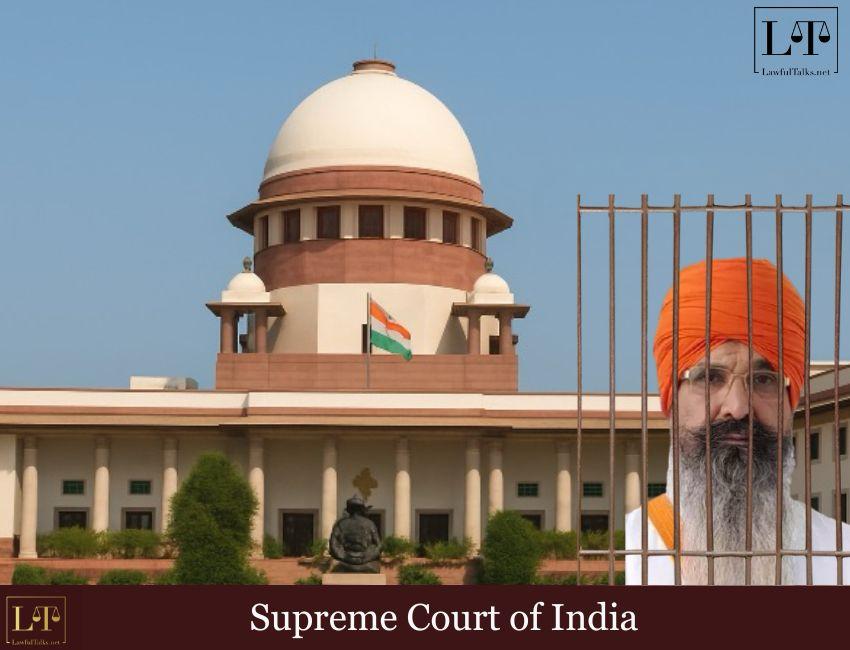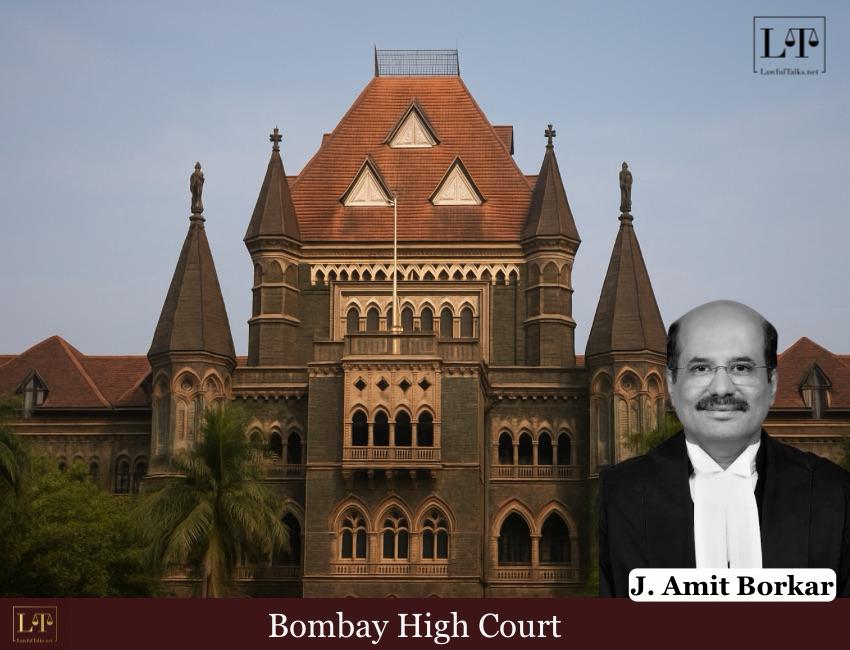Allahabad HC Sets Aside Afzal Ansari's Conviction, Allows Him to Continue as MP

The Supreme Court Bench of Justice Vikram Nath, Justice Sandeep Mehta and Justice NV Anjaria voiced sharp disapproval of the Union government’s unexplained delay in acting on a mercy petition pending since 2012.

When the Additional Solicitor General (ASG) sought more time to submit a status report, the Bench made it clear that the case could not be postponed any further. Justice Mehta remarked, “Question is why did you not hang him till now? Who is to be blamed for that? At least we would not have stayed his execution.”
The Court clarified that the matter will be taken up on 15 October and “will not be adjourned at the account of the Respondent.” This follows an earlier order in January where a special Bench led by the Chief Justice had already given the Union “one last opportunity” to decide the mercy petition, failing which the plea would be decided by the Court itself.
Background:
The matter arose out of the assassination of the then Chief Minister of Punjab, Beant Singh, at the Chandigarh Secretariat complex on 31 August 1995. The bombing killed the Chief Minister along with sixteen others. The assailant was Dilawar Singh, a Punjab police officer, allegedly backed by two other police officials, including the present petitioner. The separatist group Babbar Khalsa International claimed responsibility, citing retaliation for Operation Bluestar and the 1984 anti-Sikh pogrom.
Out of fifteen accused named in the FIR, eight—including the petitioner—were convicted by a Special CBI Court on 27 July 2007 under Sections 120-B, 302, 307 of the Indian Penal Code and Sections 3(b), 4(b), 5(b) read with Section 6 of the Explosive Substances Act.
Co-accused Jagtar Singh Hawara was also sentenced to death but later had his sentence commuted to life by the Punjab & Haryana High Court on 12 October 2010. Other co-accused were awarded life imprisonment.
The petitioner refused to appeal against his conviction or sentence, declaring open derision of the judicial system. A death warrant was issued on 5 March 2012, but before the execution, the Shiromani Gurudwara Parbandhak Committee (SGPC) filed a mercy petition under Article 72 on 25 March 2012. This led to an intimation of stay on 28 March 2012 while the petition was processed by the Ministry of Home Affairs.
In 2019, the Union had publicly announced that the death sentence would be commuted to life imprisonment as part of a humanitarian gesture to mark Guru Nanak Dev’s 550th birth anniversary.
However, no order of commutation followed, and the Home Minister later confirmed in Parliament that the petitioner remained on death row.
Since 2020, the petitioner has been approaching the Supreme Court repeatedly for commutation, citing inordinate delay and prolonged solitary confinement. His counsel Senior Advocate Mukul Rohatgi argued that the situation engages Article 21 and Section 433 of the Code of Criminal Procedure.
He stressed that the provisions on mercy do not depend on who moves the petition: “With great respect, this is contrary to the provisions. The provisions say it does not matter who moves; it should be considered. It is a matter of Article 21 and 433 [CrPC].”
Court’s Observations and Present Posture:
Over the years, the Supreme Court has passed a series of orders directing the Union to take a decision on the mercy petition. In March 2022 a Bench led by Justice U.U. Lalit had required the Government to act by 30 April 2022 “irrespective of the appeals pending before the Court.”
Yet, as Rohatgi pointed out at the latest hearing, “so much time has gone by” and the Union “keeps referring to the security of the nation” as the reason for non-decision. He questioned how the release of one individual would threaten national security when the issue before the Court was only to end his continued stay on death row.
Justice Mehta noted that under Rajasthan Jail Rules “if a person has committed terror-related offences, they are not eligible for parole,” indicating that even if the sentence were commuted, premature release would not automatically follow.
Justice Nath asked how co-accused Bhullar had been released. Senior advocate Rohatgi explained the steps that led to the commutation of Bhullar’s death sentence and his eventual release.
He added that the petitioner has now spent twenty-nine years in prison, fifteen of them under a death sentence, and “one does not know what is going on” with his mental state due to prolonged solitary confinement.
With the Bench’s pointed remarks - “Question is why did you not hang him till now? Who is to be blamed for that?” - the Court has put the Union on notice that further delay is unacceptable.
The next hearing is fixed for 15 October with a clear direction that no adjournments will be entertained.
Case Title : Balwant Singh v. UOI & Ors, W.P.(Crl.) No. 414/2024

Het Dedhia
3rd Year Law Student from SVKM's Pravin Gandhi College of Law
Latest Posts
Categories
- International News 19 Posts
- Supreme Court 390 Posts
- High Courts 384 Posts




















































































































































































































































































































































































































































































































































































































































































































































































































